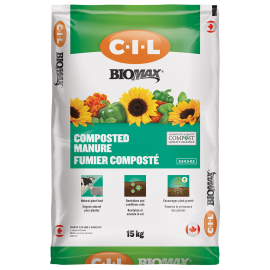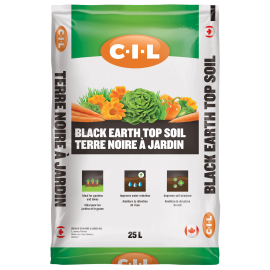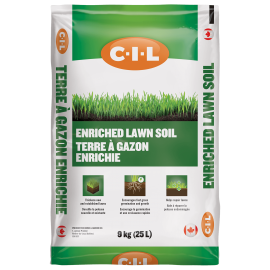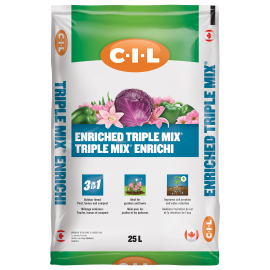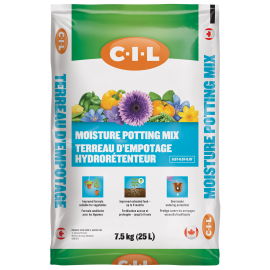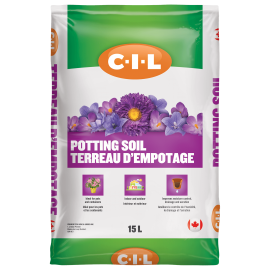How to Choose the Right Potting Soil for Your Plants
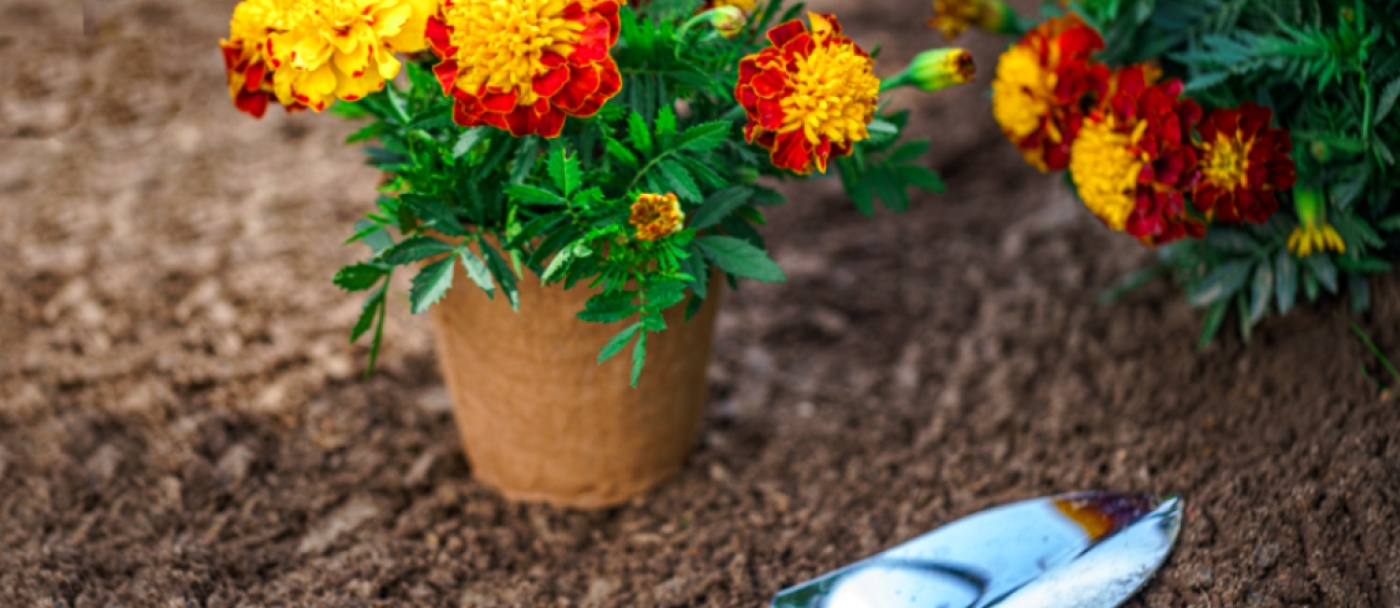
Potting soil keeps your plants in place and provides a healthy environment so the roots can grow and thrive. There are several products on the market, but when it comes right down to it, plants aren’t as choosy as you might think.
Here are some tips for choosing the right potting soil.
About potting soil
Potting soil actually contains no soil at all. Garden soil is dense and becomes compacted after a few waterings. As a result, roots are smothered and plants soon die. Products such as topsoil and garden soil are great for your garden, but they aren’t intended for plants in containers.
The function of potting soil is to retain moisture and nutrients. At the same time, potting soil must drain well so air can circulate around the roots. A good potting soil has a loose, fluffy appearance, but it’s firm enough to keep plants standing upright.
It pays to spend a little more for high-quality potting soil. Avoid products with large chunks, or bags that feel unusually heavy.
Types of potting soil
Most potting soils contain material such as compost, pine bark, or peat moss, along with vermiculite or perlite, both volcanic by-products that improve drainage.
Some gardeners prefer potting soil that contains coconut noir instead of peat. This fibrous material, made from coconut hulls, has gained popularity because it is easily renewable and more sustainable than peat.
Many products contain enough fertilizer to get plants off to a good start during the first few weeks.
Specialty potting soils
Cacti and succulents need better drainage than most plants. You can buy a special mix formulated specifically for cacti and succulents, or you can combine standard potting mix with sand to improve drainage. A 50-50 mix of potting mix and sand is about right.
Orchids require a mix that is firm but well aerated and that drains rapidly. Specialized potting soils for orchids contain ingredients like fir bark, peat moss, perlite, coconut coir, charcoal, and fern fibre.
Seed starting mixes are formulated to create an ideal environment to get seeds germinating. They are used until seedlings are ready to be moved to a container with regular potting mix. Seed starting mixes are similar to regular mixes, but they are finer and lighter. They are sterile and generally contain no fertilizer.
Organic potting mixes are free of chemicals, including pesticides and synthetic fertilizers. Organic products generally contain compost and may also contain material such as peat moss, worm castings, fish meal, blood meal, manure, seaweed, decayed plant matter, and various microscopic organisms that benefit plant roots.
